Photo: Ele Nao by R4VI
By now, anyone who cares about the Amazon rainforest has probably read about Jair Bolsonaro’s victory in the October 28, 2018 Brazilian elections – and likely pulled some hair out. Several articles have documented his offensive statements regarding indigenous peoples, women, the LGBTQ community, NGOs and opponents. He’s vowed that Brazil will pull out of the Paris Accord, and that he would disband the Ministry of the Environment, fusing it with the Ministry of Agriculture (though he’s recently stepped back from these statements). Organizations in Brazil fear that this open hostility to minorities, NGOs, activists, and contempt for environmental regulations will result in increased violence and deforestation.
The situation in Brazil is bleak, and it calls for renewed and redoubled action. Brazil has shown the world that it can effectively slow deforestation, with political will and the right regulations and incentives in place. Most of all, local indigenous and forest communities have shown that with their land rights secured, and with the right tools in their hands, they are enormously effective, and the real leaders in the global fight against deforestation and climate chaos. Over 20% of the Brazilian Amazon is recognized as indigenous lands; repeated studies demonstrate that those lands are also the best-protected. This is a winning strategy and one that advances both human rights and the environment. People on the front lines need increased support in order to hold onto these gains and push for more. They also need protection: Brazil is already the most deadly place to be an environmental land defender, and in the current political climate things could very well get worse.
Standing together with and working to strengthen indigenous organizations and civil society in Brazil will be increasingly important in the coming months and years. If there’s any hope that survives the recent elections, it lies with these people, their organizations and their communities. A few examples:
- Joenia Wapixana became the first indigenous woman voted to Congress in her home state of Roraima. She was also the first indigenous woman to become a lawyer in Brazil and led the successful fight to recognize the 6,500 square mile Raposa Serra do Sol – one of the most significant indigenous land rights battles in the country.
- Brazilian NGOs, scientists, and think-tanks have played a respected and critical role on the international level in terms of efforts to curb deforestation and climate chaos. They’ve vowed to make sure that Brazil’s progress on the environment and human rights does not regress.
- Indigenous and forest communities will continue working on the front lines to defend their lands. Using traditional knowledge and modern tools, they’re actively and effectively protecting vast swathes of forest.
Today, we all need to work together to ensure that we protect the remaining rainforest–even as elected officials are showing little regard for the environment and our future. According to the latest UN report on climate change, we have twelve years left to avoid the worst repercussions of climate change. All of this means we have our work cut for us. We now know that protecting the rainforest is one-third of the solution to fighting climate change. We also know that when we give indigenous communities the support they need, they protect the forest better than any other conservation strategy. But as threats increase, the scale of this work must also increase.








